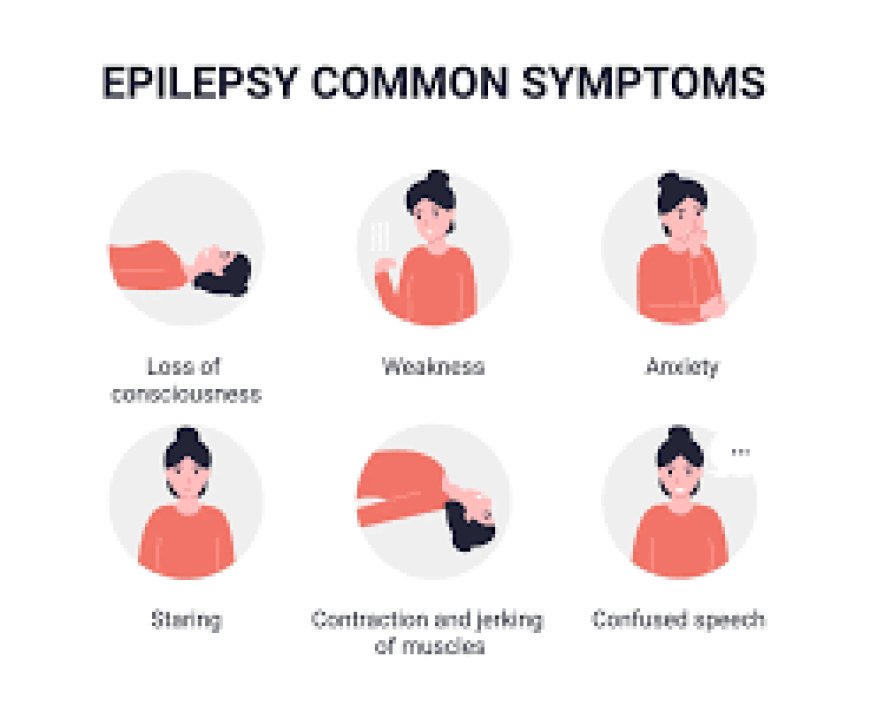How to Store Gabapentin Tablets Properly
Learn how to store Gabapentin tablets correctly to ensure their effectiveness and safety. Discover the best practices for temperature, humidity, and light exposure to maintain the quality of your medication.

Introduction
Gabapentin 300mg
Understanding Gabapentin Tablets
Gabapentin 800mg
Importance of Proper Storage
Proper storage of medications like gabapentin is crucial for several reasons:
- Maintaining Efficacy: Exposure to inappropriate conditions can degrade the medication, reducing its effectiveness.
- Preventing Contamination: Proper storage helps avoid contamination from external factors.
- Ensuring Safety: Improperly stored medications can become harmful or less effective, posing health risks.
General Storage Guidelines
1. Temperature
Gabapentin tablets should be stored at room temperature. The ideal range is typically between 68°F to 77°F (20°C to 25°C). Avoid exposing gabapentin to extreme temperatures, both hot and cold. Temperature fluctuations can affect the stability of the medication.
Avoid the following:
- Heat: Do not store gabapentin near heat sources such as stoves, radiators, or direct sunlight.
- Cold: Avoid storing gabapentin in places prone to freezing temperatures, like a refrigerator or unheated area.
2. Light
Exposure to light can degrade the active ingredient in gabapentin. Store the tablets in their original container, which is designed to protect them from light. Keep the medication in a dark, dry place, away from direct sunlight and artificial light sources.
Tips for light protection:
- Original Container: Always keep gabapentin tablets in their original, opaque container.
- Dark Storage Areas: Use cabinets or drawers that are away from light sources.
3. Moisture
Moisture can affect the integrity of gabapentin tablets, leading to potential degradation or contamination. To protect the tablets from moisture:
- Dry Environment: Store gabapentin in a dry place. Avoid areas with high humidity, such as bathrooms or basements.
- Tightly Sealed: Ensure that the container is tightly closed after each use to prevent moisture from entering.
Avoid storing gabapentin in:
- Bathrooms: High humidity and temperature fluctuations can be problematic.
- Kitchen: Frequent use of water and heat in the kitchen can expose gabapentin to moisture.
4. Container
The original container provided with gabapentin is designed to maintain the medication's stability. Typically, this container is child-resistant and includes desiccant packets to absorb moisture. Keep the tablets in this container and ensure it is tightly sealed after each use.
Container tips:
- Keep Container Closed: Ensure the lid is securely fastened.
- Use Original Packaging: Avoid transferring tablets to other containers unless instructed by a healthcare provider or pharmacist.
5. Handling
Proper handling is important to prevent contamination and maintain the quality of gabapentin tablets. Follow these practices:
- Clean Hands: Always wash your hands before handling gabapentin tablets to prevent introducing contaminants.
- Avoid Touching Tablets: Handle tablets by the edges or use a clean tool to avoid touching the surface.
- Return to Container: Place unused tablets back in the original container promptly.
Special Considerations
1. Travel
When traveling, ensure that gabapentin tablets are stored under appropriate conditions:
- Travel Containers: Use a travel-sized container that offers similar protection as the original.
- Temperature Control: Avoid leaving gabapentin in hot or cold environments, such as in a car.
2. Disposal
When gabapentin tablets are expired or no longer needed, dispose of them properly:
- Medication Take-Back Programs: Utilize local drug take-back programs or pharmacy disposal services.
- Disposal Instructions: Follow any specific disposal instructions provided with the medication or consult your pharmacist.
Conclusion
Proper storage of gabapentin tablets is vital to maintaining their effectiveness and safety. By adhering to the guidelines for temperature, light, moisture, and handling, you can ensure that your medication remains in optimal condition. If you have any questions about the storage of gabapentin or need further assistance, consult your pharmacist or healthcare provider.
Maintaining these practices will help you get the most benefit from your medication while minimizing potential risks.












